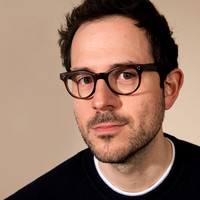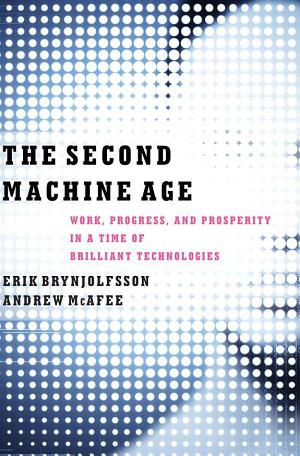The Man Who Would Be King
The first five years of Iraqi Prime Minister Nouri al-Maliki’s tenure have been marked by a dangerous consolidation of power.
According to political allies and Western diplomats who have worked with Maliki, he isn't so much power-hungry as deeply cynical and mistrusting. The Dawa Party, which Maliki joined as a young man, was hunted by Saddam's Baathist regime. Even those living in exile -- like Maliki, who lived in Syria and Iran for more than 20 years -- organized themselves into isolated cells to protect against the regime's spies and limit the information that any one member might divulge if he were captured or compromised. Maliki's early career was saturated in perpetual suspicion.















